Financial Health Checklist for Your Small Business
Completing a regular financial health check using this checklist will help small businesses maintain a strong and sustainable financial position. A financial professional can help you to review these items and make informed decisions for continued growth and success.
Review Financial Statements:
Regularly review income statements, balance sheets, and cash flow statements.
Ensure accuracy and consistency in financial reporting.
Identify trends and fluctuations in revenue and expenses.
Assess Cash Flow:
Evaluate cash flow to ensure the business has sufficient liquidity.
Monitor the timing of receivables and payables.
Identify any potential cash flow gaps and implement strategies to address them.
Budget Analysis:
Compare actual financial performance against the budget.
Adjust the budget as needed based on changing business circumstances.
Analyze variances to understand the reasons for deviations from the budget.
Debt and Credit Review:
Evaluate outstanding debts, including loans and credit lines.
Assess the business's creditworthiness and credit utilization.
Explore opportunities to renegotiate terms or refinance existing debts.
Expense Management:
Conduct a thorough review of operating expenses.
Identify areas where costs can be reduced without compromising quality.
Negotiate with suppliers for better terms or discounts.
Tax Compliance:
Ensure timely and accurate payment of all taxes.
Stay updated on changes in tax laws and regulations.
Leverage available tax credits and deductions to minimize liabilities.
Inventory Management:
Monitor inventory turnover and avoid overstocking.
Implement effective inventory control measures to prevent losses.
Evaluate supplier relationships for cost efficiency.
Emergency Fund:
Establish and maintain an emergency fund for unforeseen expenses.
Reassess the adequacy of the emergency fund based on business growth and potential risks.
Employee Benefits and Payroll:
Review employee benefits and payroll expenses.
Ensure compliance with labor laws and regulations.
Explore cost-effective ways to provide valuable employee benefits.
Financial Planning and Forecasting:
Develop a financial forecast for the upcoming months or years.
Consider different scenarios and conduct sensitivity analysis.
Align financial planning with business goals and growth strategies.
Legal and Compliance Check:
Confirm compliance with all legal and regulatory requirements.
Regularly update contracts and agreements.
Address any legal issues promptly to avoid potential financial repercussions.
Evaluate Profitability:
Assess the overall profitability of the business.
Analyze profit margins for individual products or services.
Identify opportunities for increasing profitability through pricing strategies or cost optimization.
To get further advice and information on completing a health check for your small business, contact us today!
